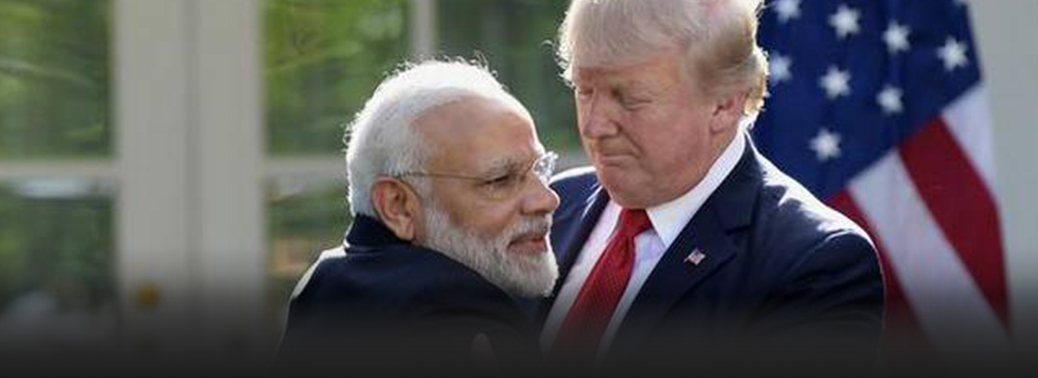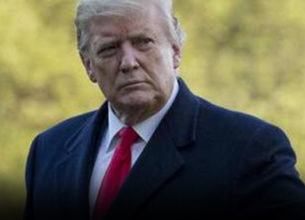TRUMP ENDS CONCESSIONS FOR INDIAN EXPORTS UNDER GSP
02, Jun 2019

Prelims level : International
Mains level : GS-II Governance, Social Justice and IR
Why in News:
- A day after a group of journalists was told that India’s access to preferential trade terms under the U.S.’s Generalized System of Preferences (GSP) was on its way out, U.S. President Donald Trump issued a proclamation ending the trade benefits effective June 5th, 2019.
- However, according to a senior State Department official, the benefits could possibly be reinstated subject to India and the U.S. reaching an agreement.
Background: / What did Mr. Trump’s proclamation read?
- Trump’s proclamation read, “I have determined that India has not assured the United States that India will provide equitable and reasonable access to its markets. Accordingly, it is appropriate to terminate India’s designation as a beneficiary developing country effective June 5, 2019.” It is important to note that the GSP is a programme that seeks to aid developing countries by giving some of their products non-reciprocal, duty-free access to U.S. markets.
- In 2018, some $ 6.3 billion of Indian merchandise exports to the U.S. were covered by GSP, according to the Congressional Research Service.
As a matter of fact, this represented 11% of all merchandise from India. - India was the largest beneficiary of the programme, accounting for over one quarter of all the U.S.’s GSP-covered imports. The U.S. Trade Representative (USTR) began a review of India’s eligibility for GSP in April 2018. The U.S. medical devices and dairy industries had made representations on market access issues in India. Tariffs in the ICT sector had also become an irritant in ties.
Package rejected:
- Further, it is important to note that India had offered the U.S. a “meaningful package” that covered U.S. concerns, but this was not acceptable to the U.S. The recent proclamation issued by the U.S. government was done despite requests from U.S. lawmakers that the GSP was not to be withdrawn as it would harm U.S. companies. The proclamation also withdrew the exemption for India from safeguard measures on CPSV (crystalline silicon photovoltaic) products and large residential washers.
U.S. firms unhappy:
- The Coalition for GSP, an industry body, was not supportive of the measure, saying it would cost American companies $300 million in additional annual tariffs. Reacting to this development, some experts have opined that American importers will pay more, while some American exporters will continue to face current market access barriers in India and others, including farmers, are very likely to be subject to new retaliatory tariffs.








